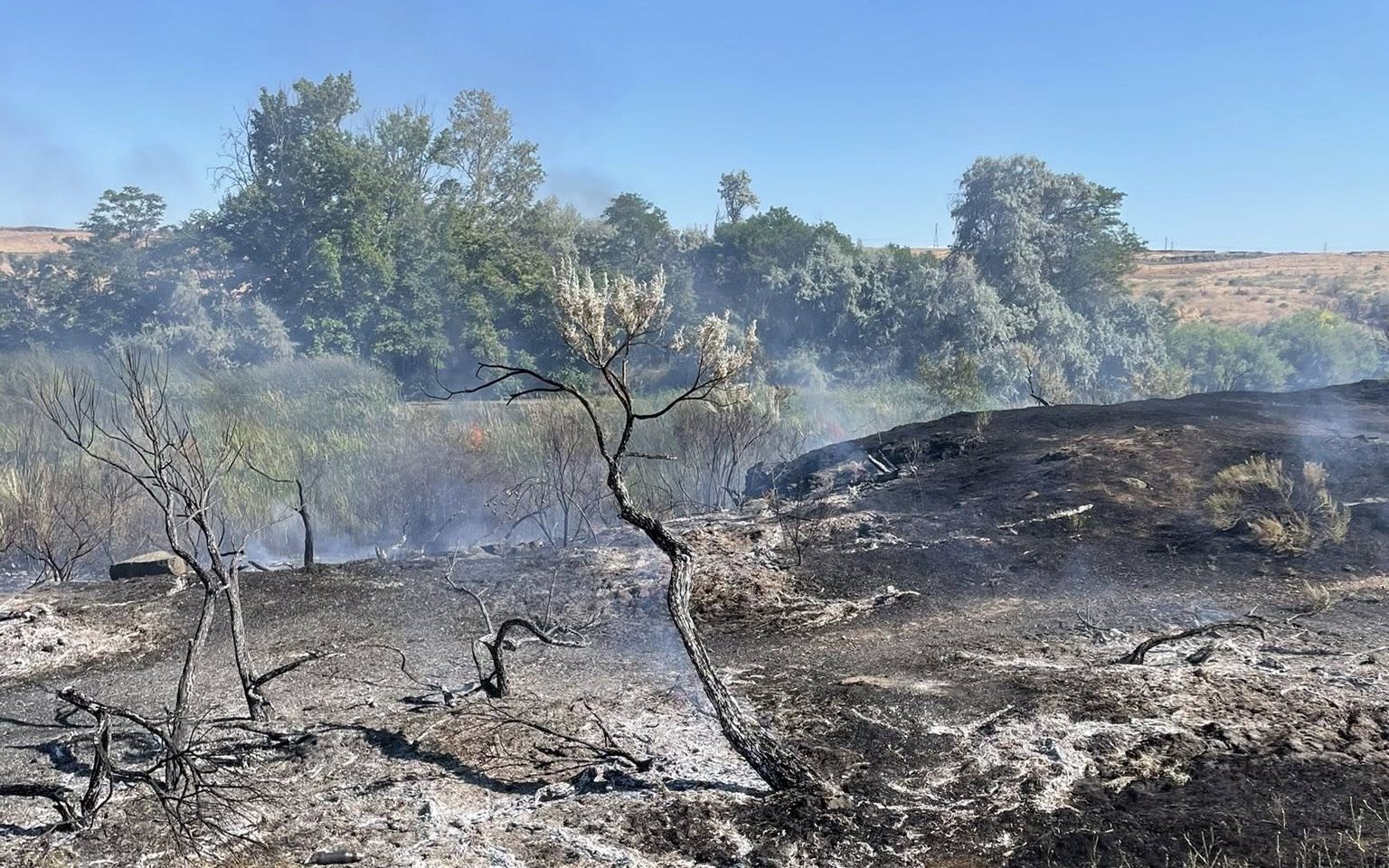Lawmakers pass bill to tighten sale of exotic wildlife
Published 5:00 pm Monday, February 28, 2022
SALEM — Oregon’s regulatory system for importing livestock won’t be affected by a recently approved bill intended to thwart diseases that pass from animals to humans.
House Bill 4128, which was approved by the Senate on Feb. 21 after earlier passing the House, would ban the sale of exotic wildlife for human consumption, among other changes.
Washington and California also are strengthening rules against the introduction of zoonotic diseases, so Oregon must avoid becoming a point of entry on the West Coast, said Rep. Ken Helm, D-Beaverton, chair of the House Agriculture, Land Use and Water Committee.
“This is a bill that tries to get ahead of a potential problem,” he said.
The current coronavirus pandemic sprang from such human contact with wildlife, but many past disease outbreaks have also been zoonotic in origin, Helm said.
However, the requirements included in HB 4128 don’t implicate conventional livestock, which is regulated by the Oregon Department of Agriculture.
“We already have very adequate control over livestock,” he said. “This bill expressly does not attempt to regulate those species of ODA’s process, because it’s just unnecessary.”
The U.S. is one of the world’s top wildlife importers, representing 20% of the global wildlife market, said Quinn Read, Oregon policy director for the Center for Biological Diversity nonprofit.
“This just creates an awful lot of opportunity for disease to spread from animals to humans,” she said.
The bill is just one component of a broader strategy to prevent future zoonotic disease problems, Read said. “Oregon can’t do it alone but the federal government and neighboring states can’t do it without Oregon.”
Mary Anne Cooper, vice president of government affairs for the Oregon Farm Bureau, said she appreciated that lawmakers ensured HB 4128 didn’t have unintended consequences for the livestock industry.
“It has been narrowly crafted to avoid impacts to agricultural animal use, to fish and seafood and other markets we have in the state for farm-raised or wild-caught animals,” Cooper said.






